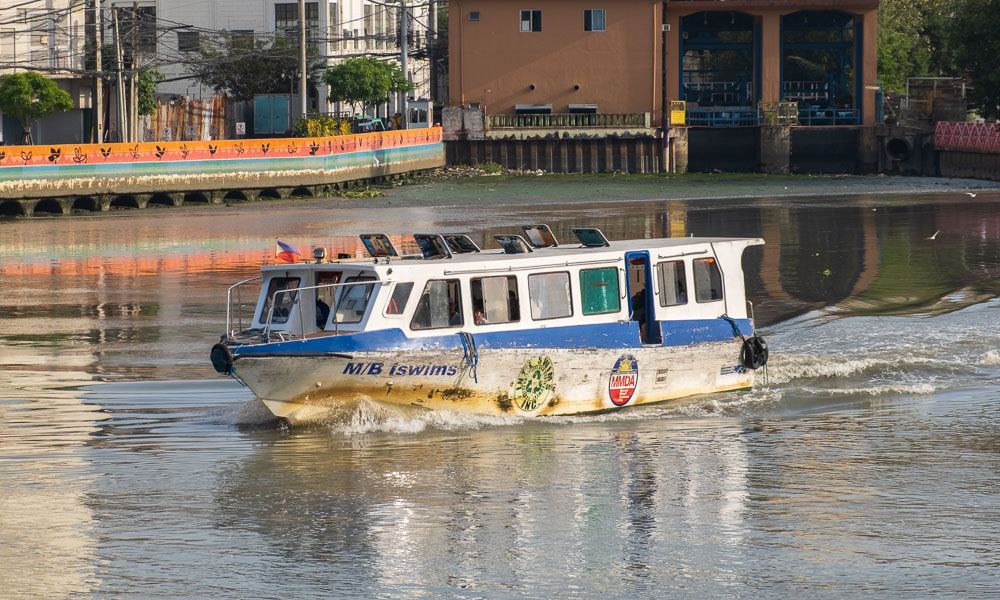
If you want to visit the recently opened esplanade in Manila, here’s one exciting way to get there: the Pasig River Ferry.
This water-based transport service is currently operated by the Metropolitan Manila Development Authority (MMDA) in collaboration with the Philippine Coast Guard.
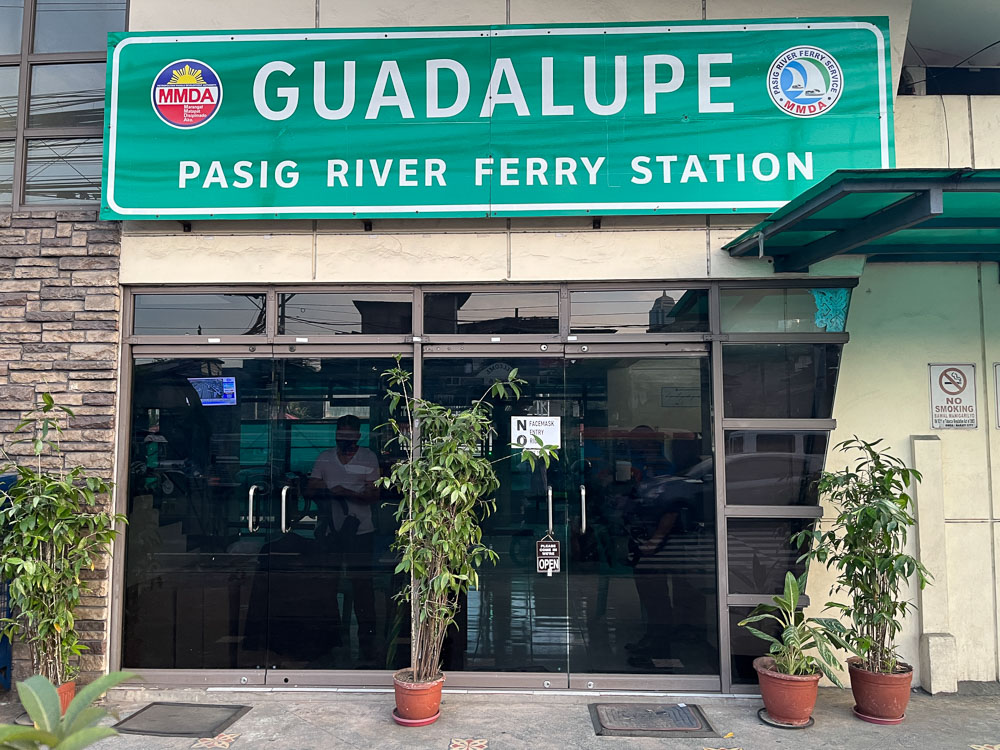
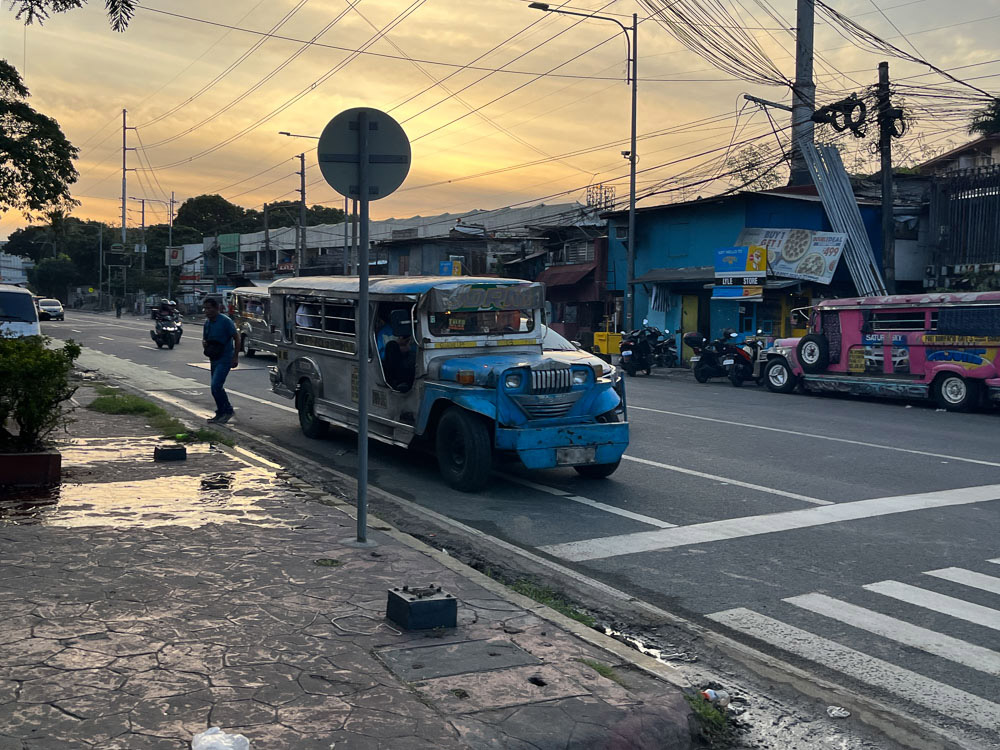
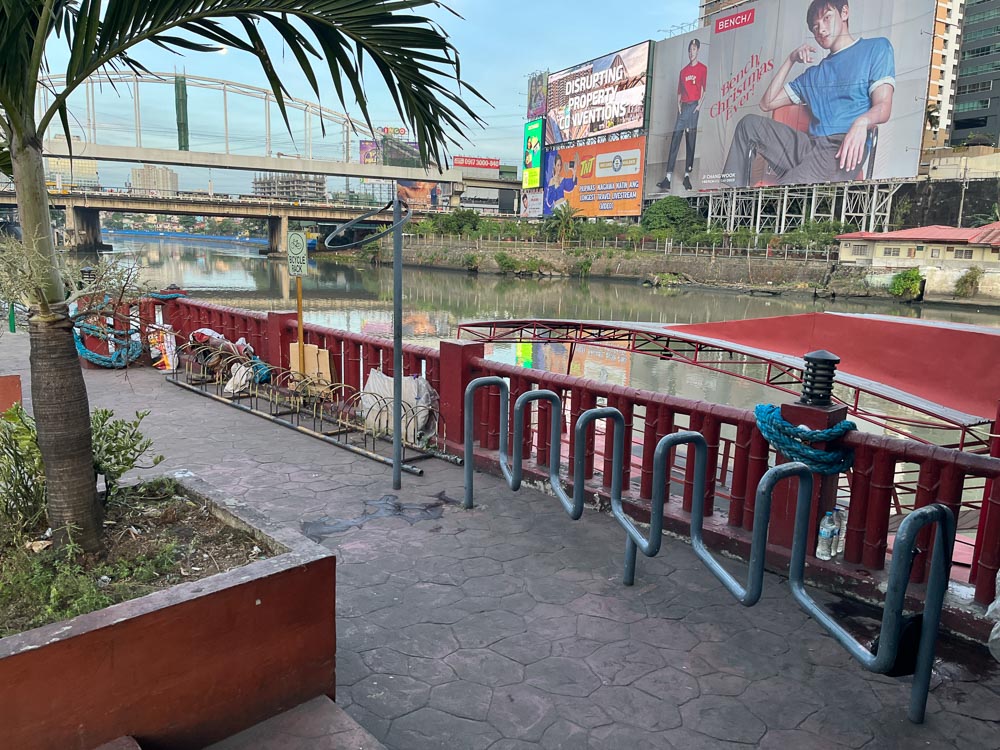
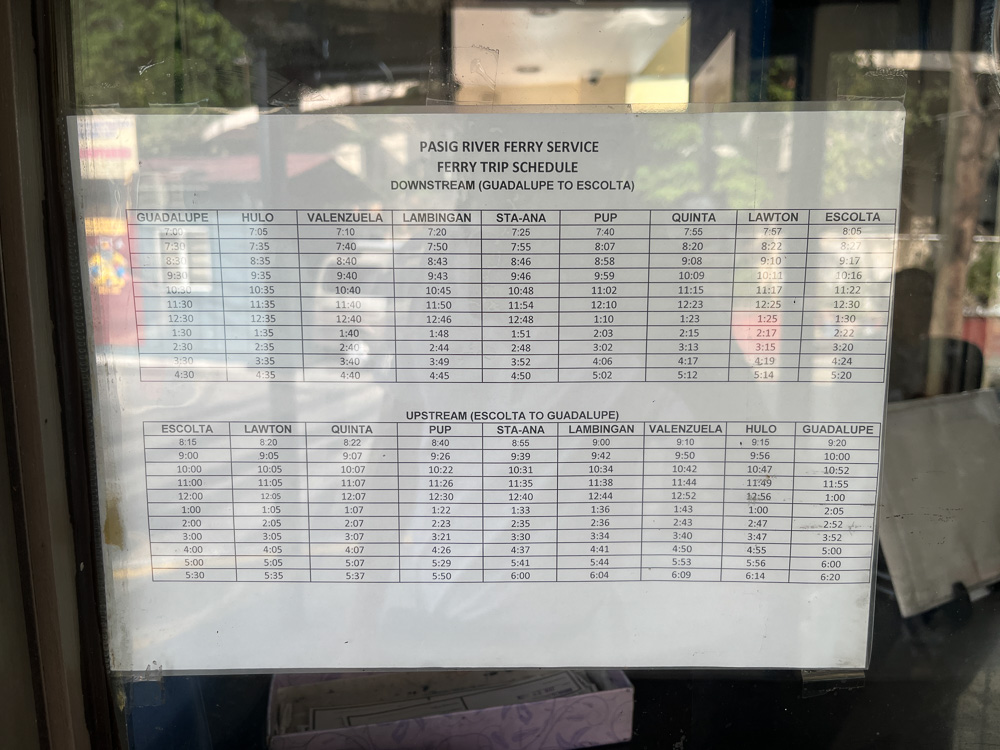
As someone who loves to travel, I decided to try the Pasig River Ferry one Saturday morning with a friend. It runs on an hourly schedule with the end points being Escolta and Guadalupe (as of January 27). Admission is free; just sign up at the station and provide a valid ID.
To get to the Guadalupe Station by private vehicle, the nearest parking facility I can think of would be the one at Power Plant Mall, which is almost a 2km walk away from the terminal. Or you can commute via public transit, active transport, or ride-hailing, so you won’t have to worry about that.
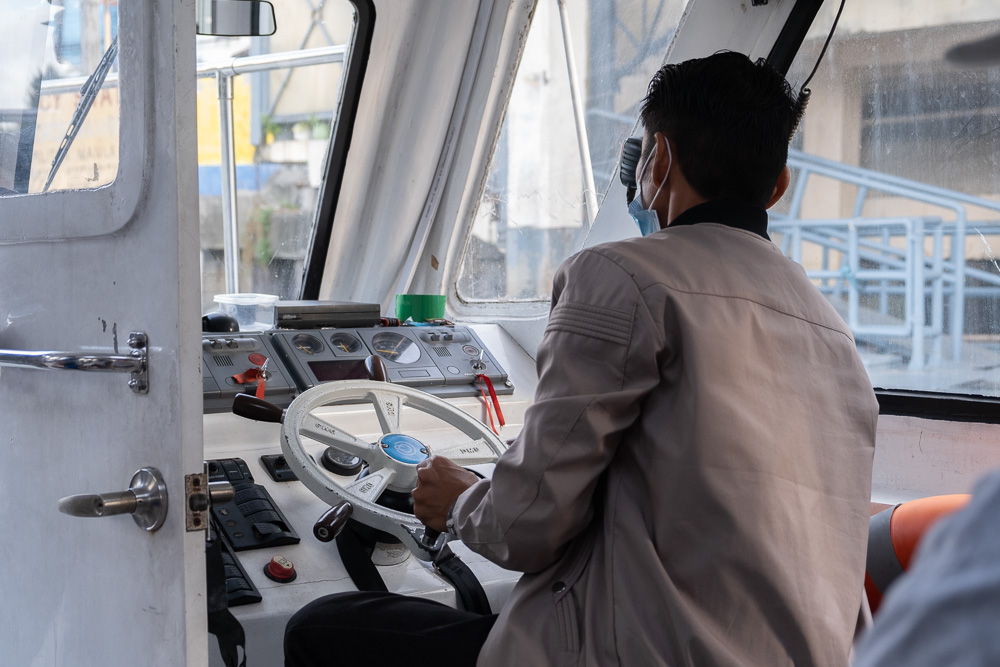
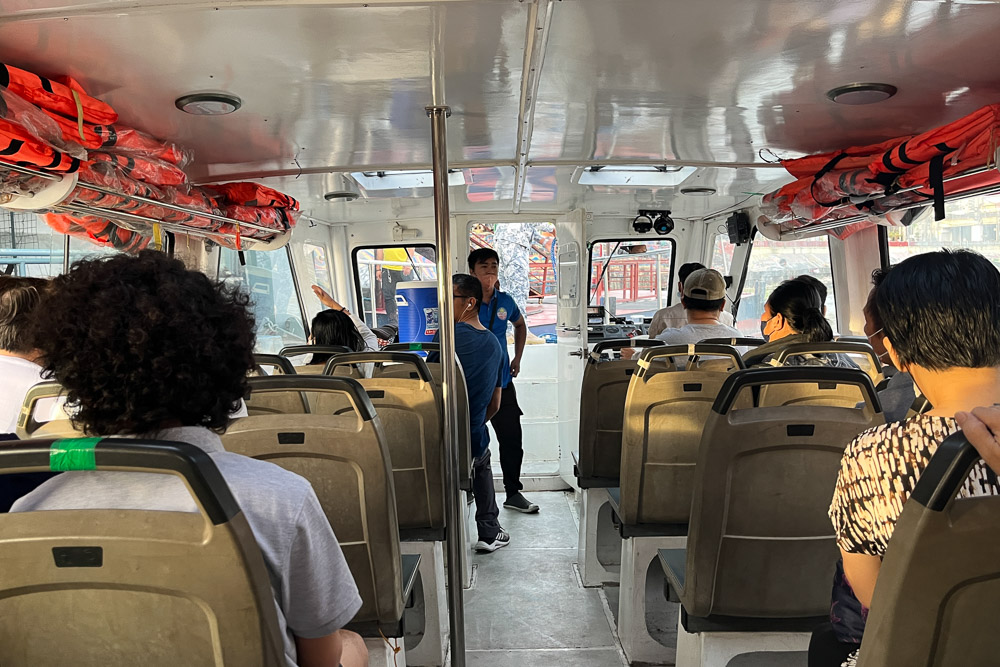
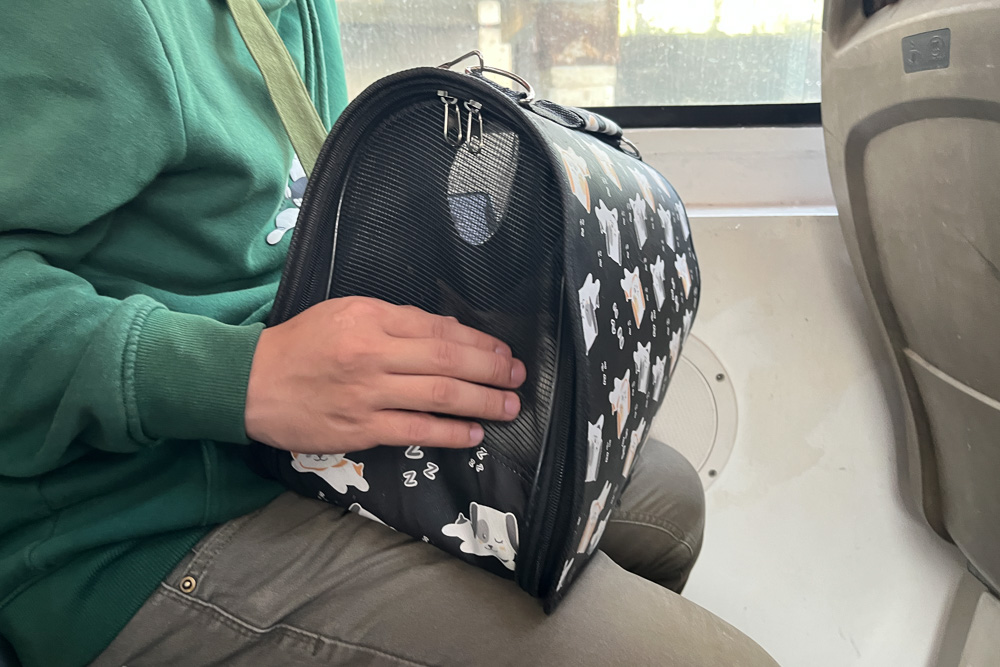
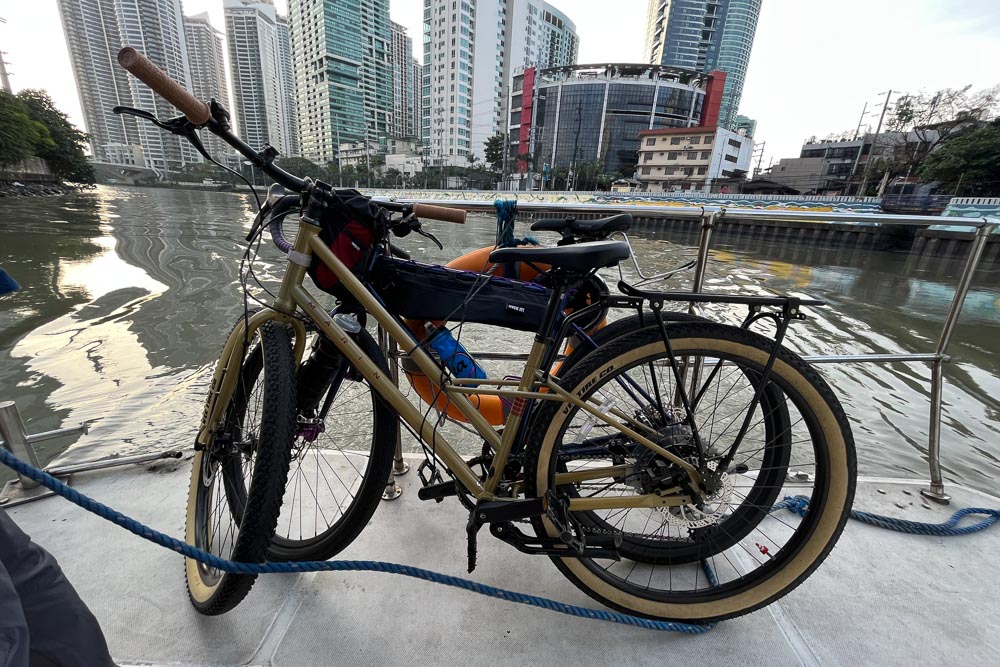
The boat has a maximum capacity of 50 passengers—similar to a bus. And it was packed with people excited to visit the historic city of Manila. If you’ll be traveling with kids, they must be at least five years old.
Full-size bicycles are allowed onboard along with folding bikes and electric kick scooters, as long as the space permits (but no e-scooters and e-trikes as those are too heavy and bulky). You can also bring your fur babies provided they’re enclosed in a cage.
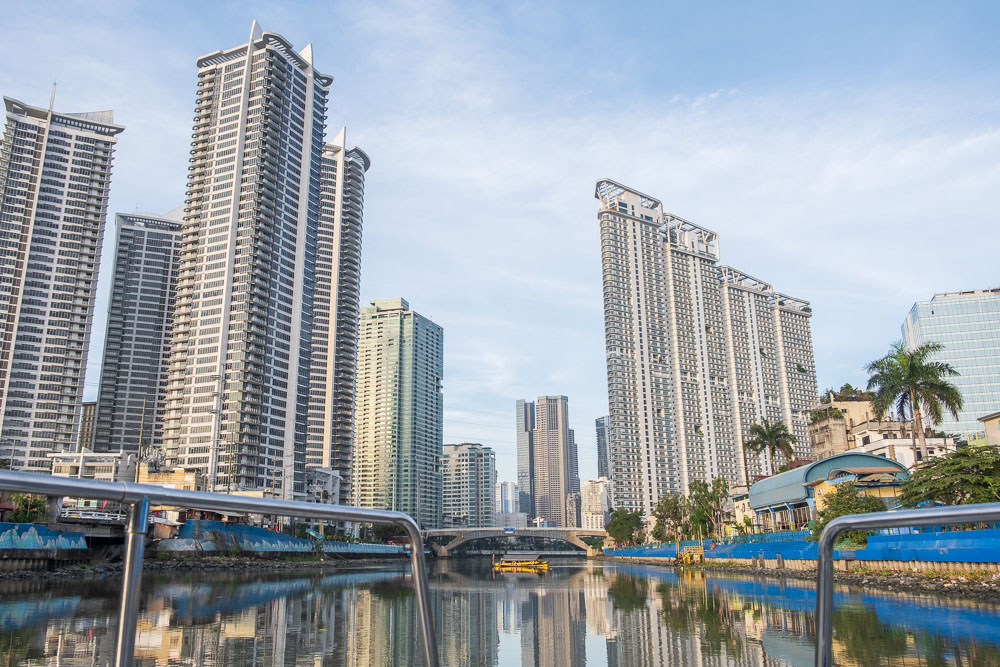
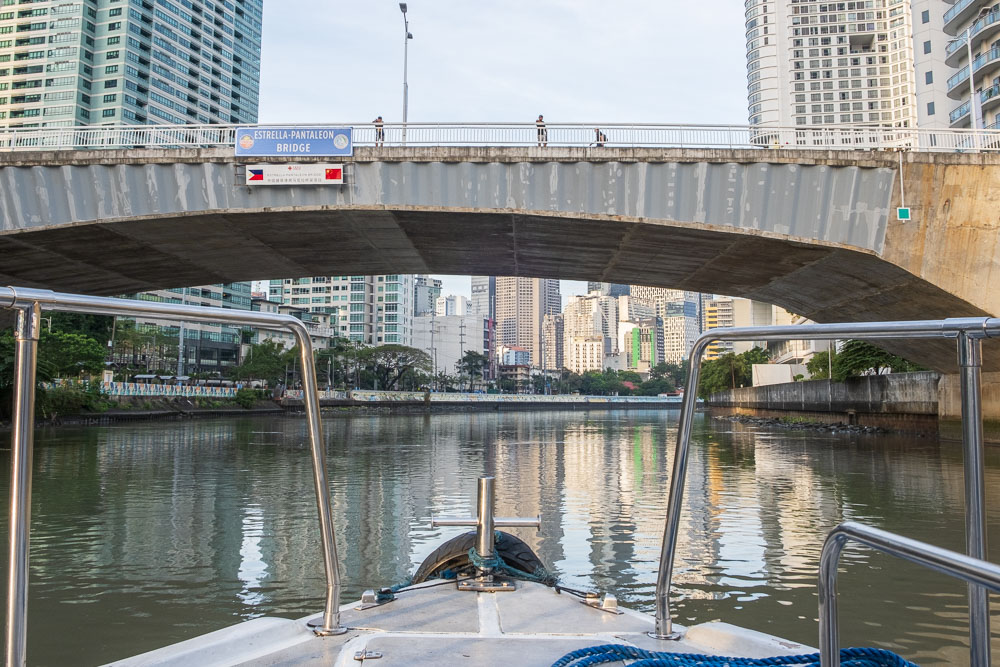
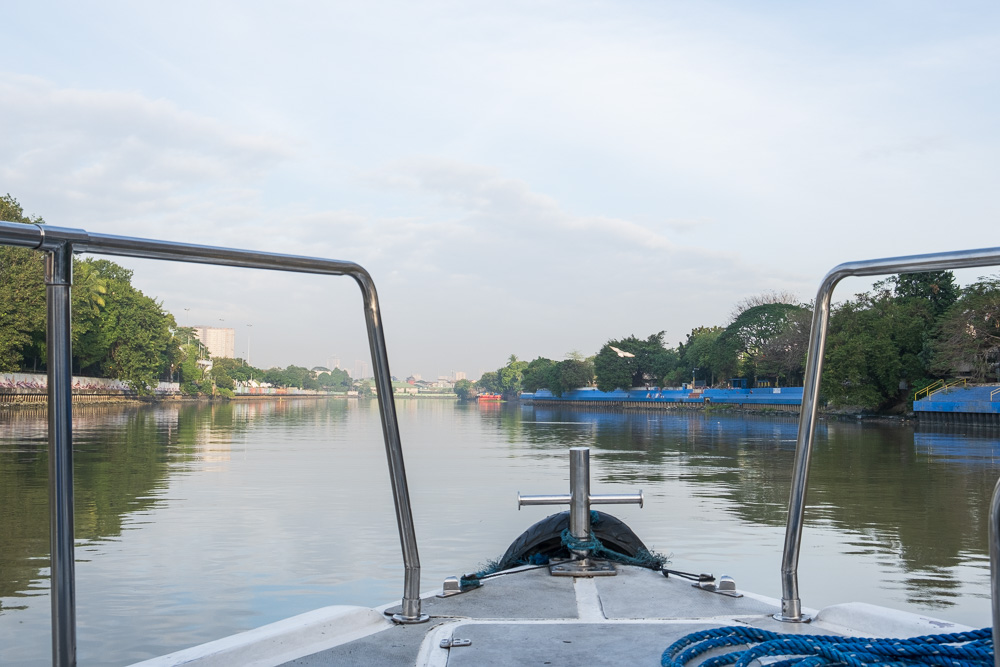
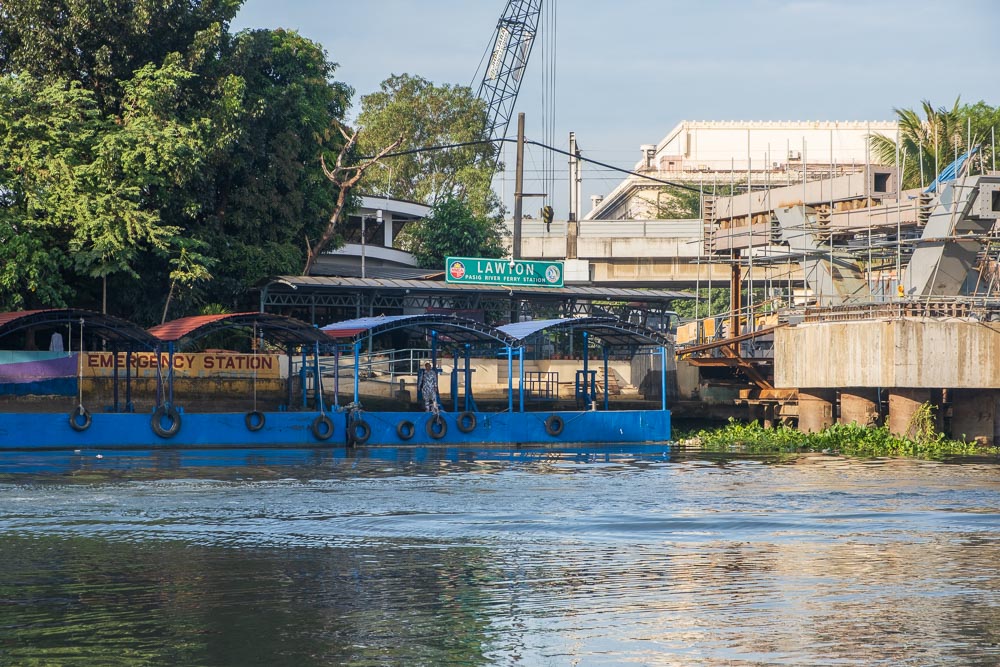
The captain said the vessel can travel as fast as 16 knots (30km/h). But Strava recorded an average speed of 9.5 knots (17.6km/h) on the return trip. This is faster than rush-hour traffic, yet leisurely enough for you to relax and enjoy the ride. The cabin is shaded, and is also open-air so passengers can enjoy the breeze as they take in the view.
Near Malacañang Palace, the ferry slowed down to a crawl as the crew warned everyone not to take photos or videos. Most of the passengers were bound for Quiapo so they departed at Quintas Station. I got off at Lawton Station since that was closer to the esplanade.
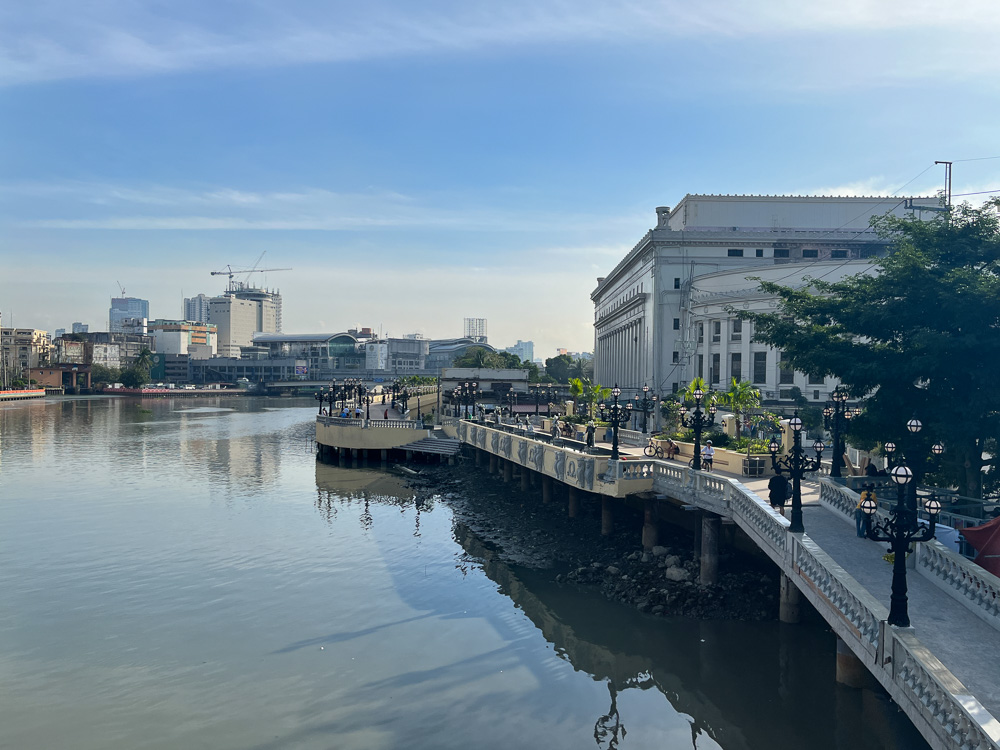
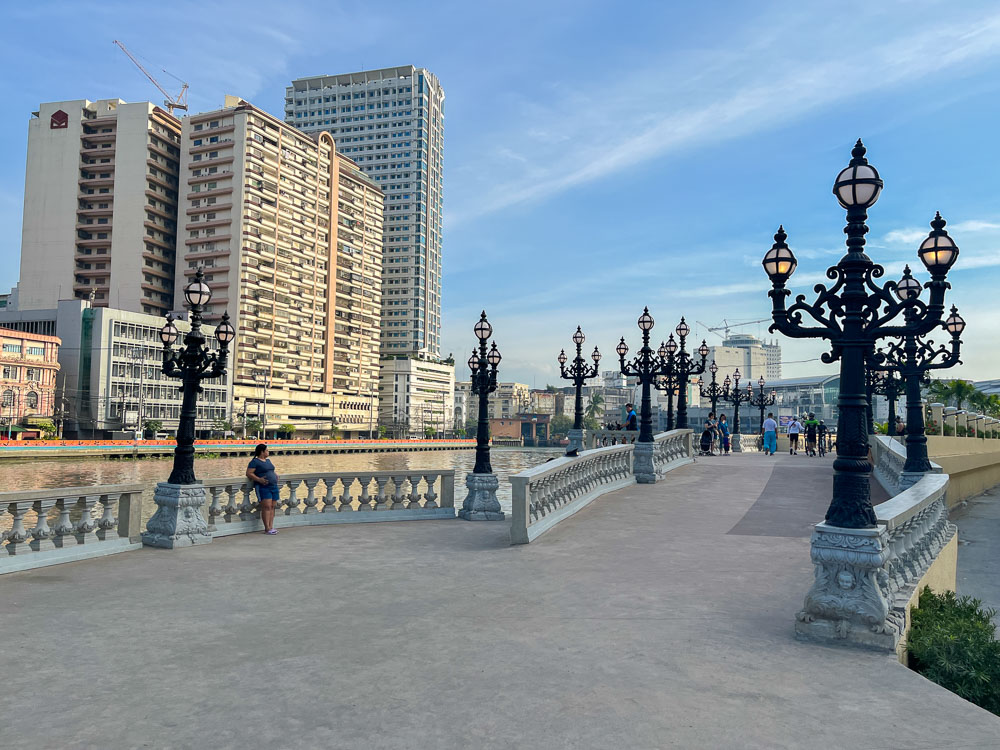
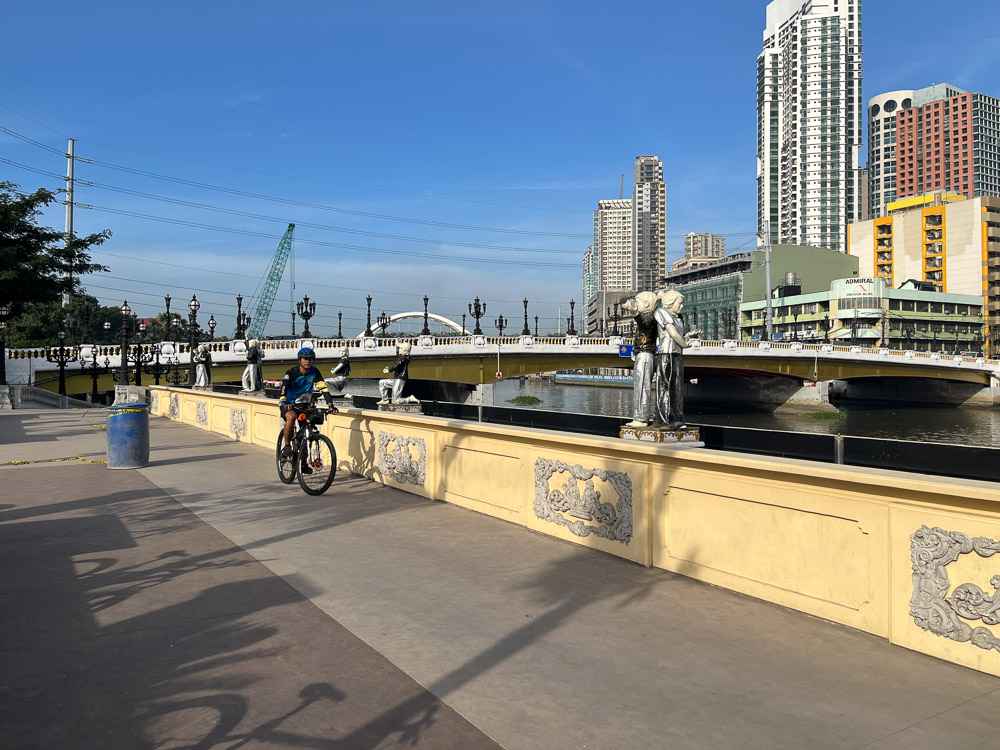
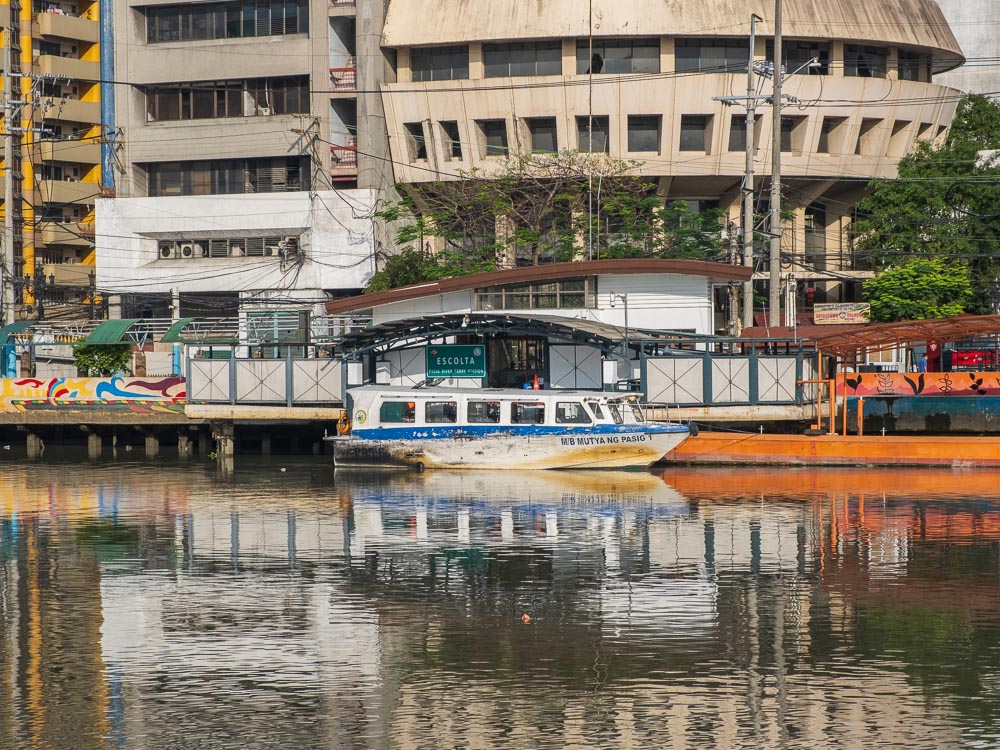
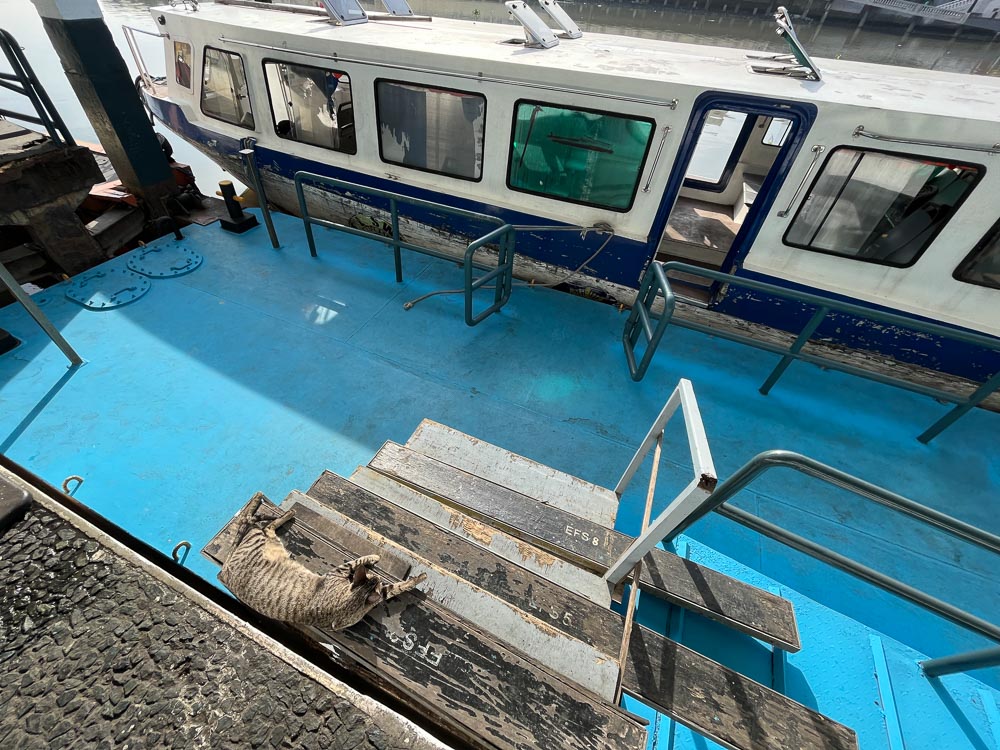
After roaming around the esplanade, I crossed Jones Bridge to board the ferry at the Escolta Station. The return trip was much quicker since there was no need to pick up or drop off passengers on the way to Guadalupe. Upon arriving there, the terminal was filled with another batch of eager passengers.
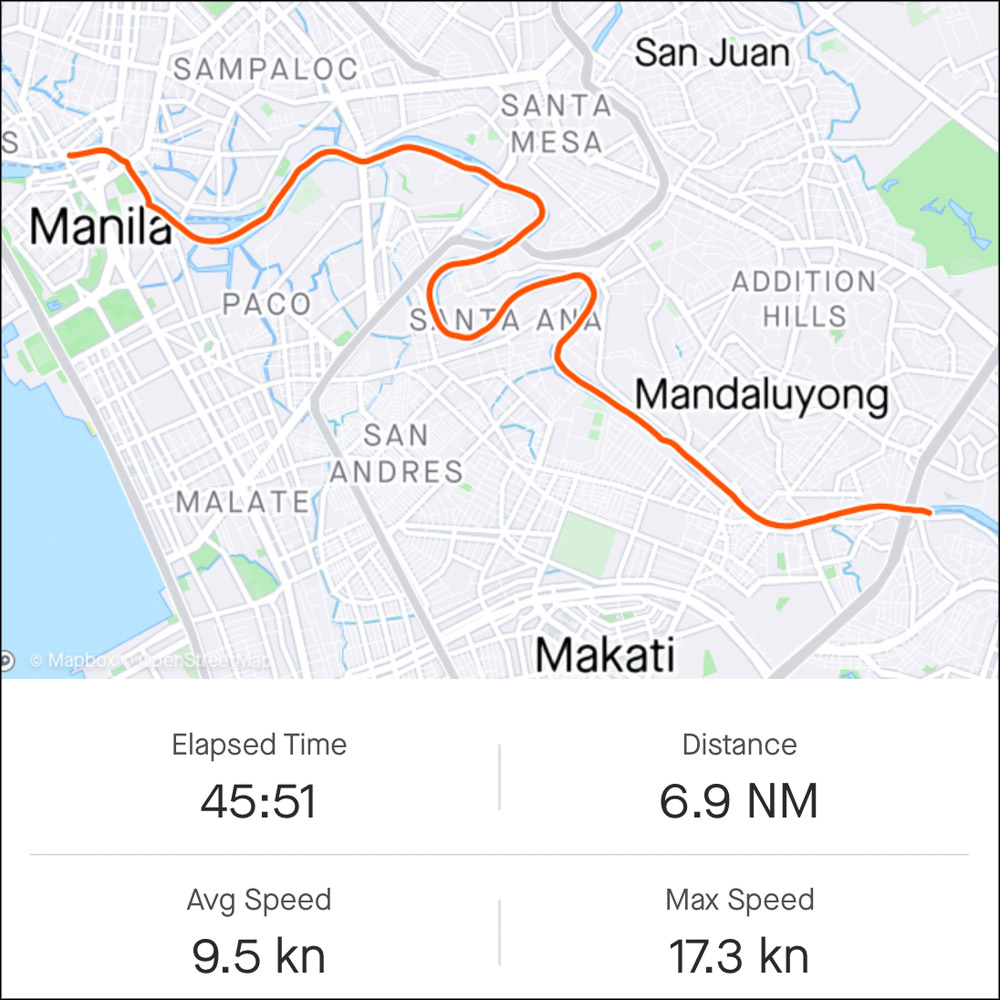
I think everyone in Metro Manila should try riding the Pasig River Ferry at least once. It’s an eye-opening experience that lets you appreciate the history and the heritage of the city from a unique perspective. Not only is it good for tourism, but it is also an underutilized mode of transport that could help commuters get around the metro.

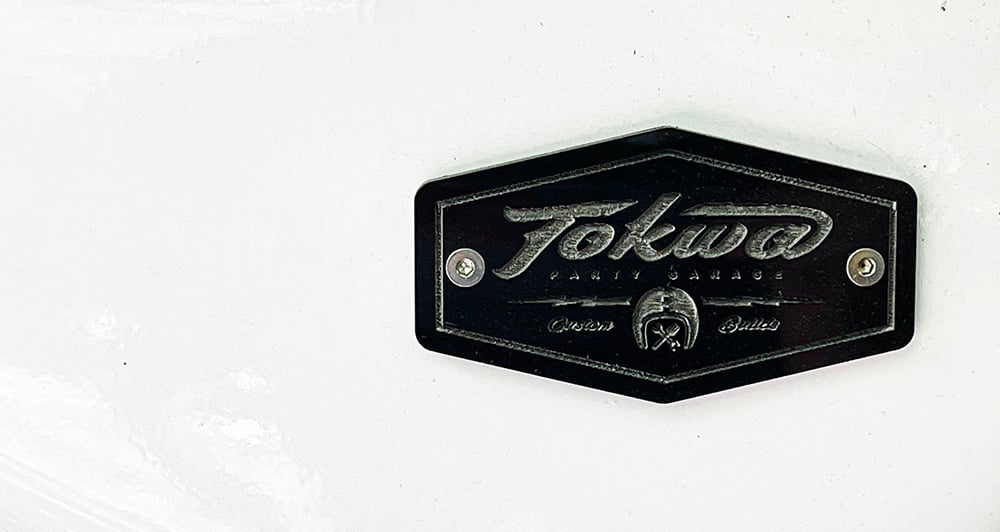

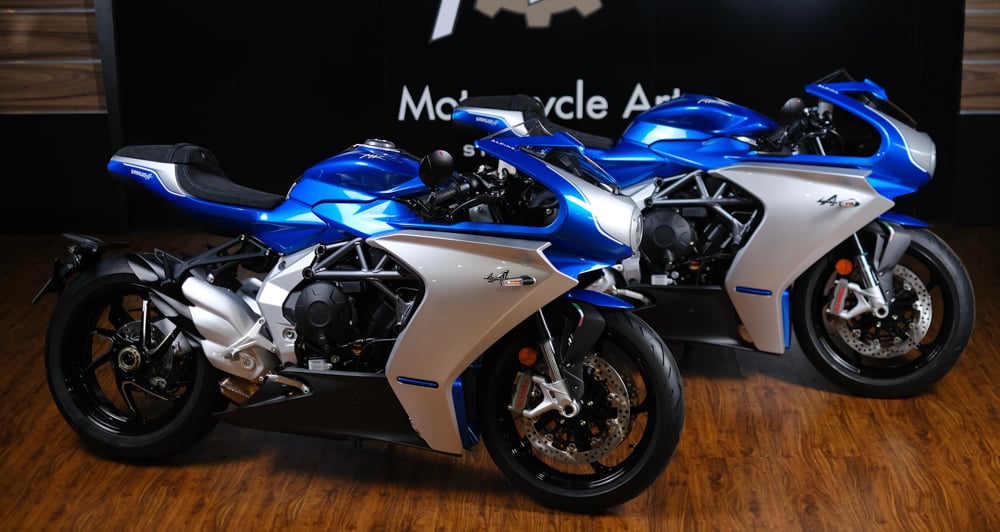
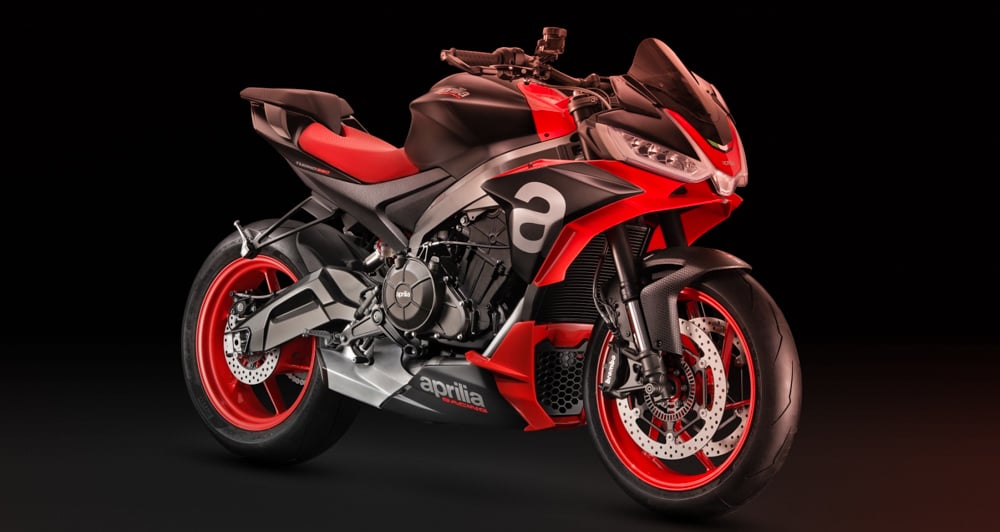





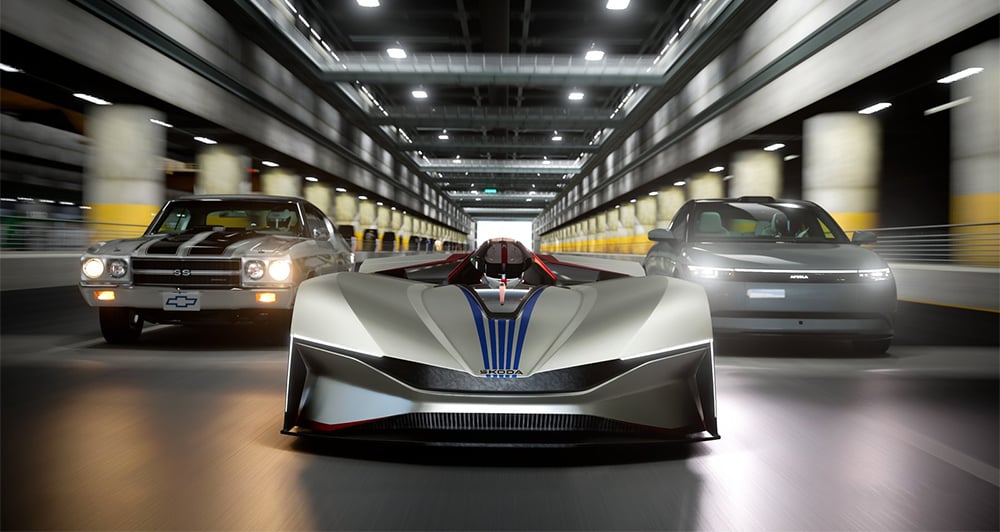
Comments